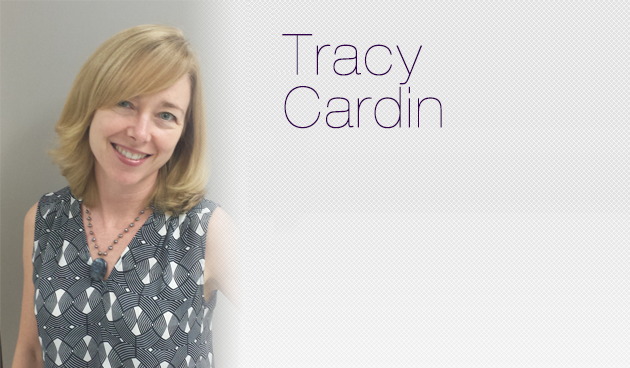Recently, a friend forwarded this blog post to me. In this post, the author, a physician, expresses concern both about the number of clinical hours that an NP needs to be licensed as well as the use of the title “doctor” for NP providers. (While many NPs are now doctorally prepared, it is against most state statutes to use the term “doctor” in a clinical setting if you do not possess a medical degree, although the author fails to mention this.)
The writer then follows with a horrible story about the care an NP gave to a pediatric patient. In so many ways, this is an archetypical physician blog post, along with the requisite horror story that inflames the reader about just how dire this situation is. While these situations occur, it’s important to remember that they are the exception and not the norm.
In response, I ask: is it number of hours or the vigor of the training that creates competence? If it’s simply hours, then the 27 years of experience I’ve had should make me superior to most early- to mid-career physicians, though I would not leap to that conclusion or make that pronouncement. If it’s the vigor of the training, then why have numerous studies in a number of settings that demonstrated equitable outcomes? There are loads of studies that show that NP providers have similar outcomes, patient satisfaction, case mix index, costs, readmission rates, etc. as physicians. If it’s the title, is the physician writer going to prevent all professionals with a doctoral degree from using that title?
I think that physicians often fail to remember or relate the horror stories with bad outcomes that occur among their physician colleagues. Let me describe a less dramatic but fairly common example. A patient will be on the traditional team, cared for by a physician hospitalist, and be deemed to be appropriate for the APP team and get transferred to that service. Very soon after the patient is transferred to the APP team, I will get a phone call expressing concern/outrage/distress that the patient is on the wrong IV fluid/antibiotic/anti-hypertensive.
They will be on the same regimen they were on when they were on the physician team. But suddenly, there is increased scrutiny, expectation and fear along with a heightened need to find the wrong and the bad. As an advanced practice provider, I feel the pressure to not just be good, but to be better. We all, I’m afraid, want to prove that we provide safe and excellent care.
But to my physician colleagues out there: when you follow your physician partner, and things aren’t as “tucked” as they could be, do you leap to the conclusion that all physicians are undertrained or working outside of their scope of practice or that they should have more supervision, more training, more oversight, more restrictions? No. You just shrug it off and say, well hey, “Mike” was having a bad day, or he missed something. Should I blog about all of my resident/physician horror stories? I think not as it is irresponsible to denounce an entire class of a profession from one bad story or outcome – or maybe even a whole series of them.
I believe that the best of all practices are collaborative – where I learn from my MD/DO/PA/NP colleagues, and they learn from me. That doesn’t mean I support restrictions on my practice. I just find that the best ones allow all providers to grow beside one another.
There are good and bad providers out there, regardless of the initials behind their names. I feel badly for patients when these errors in judgement or diagnosis occur. And I feel badly for all providers, physicians or advanced practice, who are caring for these incredibly complex patients and likely doing their best. But being human – and mortal – all kinds of twists and turns can occur in the road. The retro-spectoscope has 20/20 vision. Or so I am told. Can all of these twists and turns be smoothed out by only having one specific discipline care for patients? I think not.



Hi Tracy, Who would I talk to at SHM about doing a story on our hospitalist practice? I work in a wonderful, collaborative practice of physicians and APP’s. We are truly partners and each take personal responsibility for the patient’s we provide care for. Myself and the other APP’s practice to the fullest extent of our license and set a wonderful example to the physician community that we are not to be feared but to be partnered with to make for a great working environment. I would love for SHM to do a piece showcasing our practice. Thanks Deb C